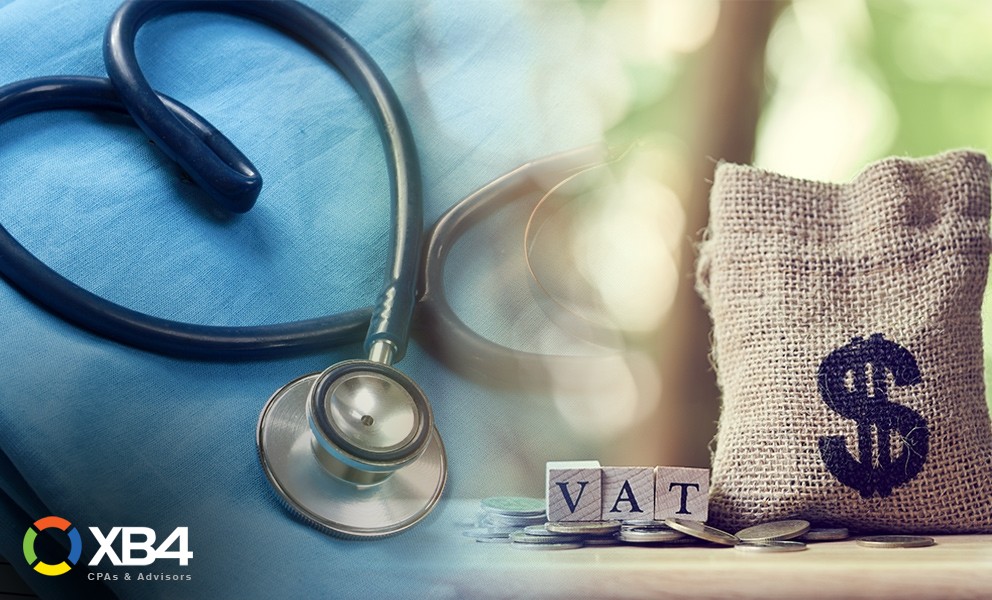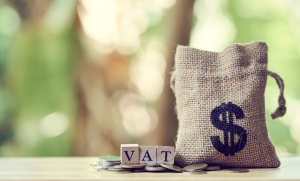
What does VAT mean to the Healthcare sector in the UAE?
The introduction of VAT in the GCC came as a challenge for many industries, especially the healthcare sector, as each Gulf state adopted different VAT treatments. The UAE opted to levy zero-rate in most of the supply of goods and services in the healthcare sector, while Saudi Arabia predominantly made supplies of primary healthcare services subject to the standard rate of 5%. There have been certain ambiguities concerning the scope of zero-ratings in the UAE that still needs clarity.
Understanding Zero-rated and Exempt supplies
VAT registered businesses that are subject to the standard rate or zero-rate can claim an ‘input VAT’ for the tax incurred on their business expenses. However, this is treated differently in the case of the supply of exempt goods and services where no tax credit is available. As a result, organizations cannot recover tax incurred on business purchases.
VAT on the healthcare sector in the UAE
The services that are subject to the zero-rated VAT rates in UAE include preventive and primary healthcare services that are critical in the treatment of a patient, mainly to be provided by a healthcare institution, nurse or pharmacist, licensed under the Ministry of Health and Prevention.
Medications and related equipment that have been approved by the Ministry of Health and Prevention are subject to a 0% VAT rate.
However, other healthcare services such as dental treatment, room and food for patients and any medical equipment supplied to the patient are treated as exempt supplies and hence input tax incurred in providing these services cannot be claimed.
To complicate matters, there are other categories of related healthcare services that are subject to a VAT rate of 5%. Such services include cosmetic surgery, the rent of clinics, room accommodation, meals for non-patients, car parking and alternative health therapies such as acupuncture and naturopathy.
Impact of VAT on private hospitals
Registered private hospitals are subject to both exempt and standard-rated supplies as per the tax authorities. Hence, the VAT incurred on most of their regular business expenses is not fully claimable and the hospital bears the tax cost related to these transactions.
Recent Developments
FTA has released a recent publication in the last quarter of 2019, where they have clarified that the service of a healthcare service provider will only qualify for zero-rating if the patient has directly sought the services.
The VAT P016 publication has defined healthcare as “any Service supplied that is generally accepted in the medical profession as being necessary for the treatment of the Recipient of the supply, including preventive treatment.”
The above definition makes it clear that the recipient of the supply should also be the patient receiving the healthcare services. Therefore, in cases where the patient and “recipient of supply” of medical services are two distinct individuals, then a standard rate of 5% will apply to supplies.
For the sake of simplicity, the FTA has provided scenarios to identify the recipient of the supply:
| Sr. No. | Scenario | Transactions | VAT outcome |
|---|---|---|---|
| 1 | A doctor has contracted health service institution to see patients who visit the hospital | Supply by a doctor to the hospital | Standard rated |
| Supply by a hospital to the patient | Zero-rated | ||
| 2 | The hospital directs a patient to the laboratory for conducting medical test and the patient establishes a separate agreement with the laboratory | Supply by a laboratory to the patient | Zero-rated |
| 3 | Hospital A is required to carry out a specialized procedure for its patient. Hospital A arranges with hospital B to perform the procedure. | Supply by hospital A to hospital B | Standard rated |
| Supply by hospital A to patient | Zero-rated |
Compliance and penalties
The understanding provided through recent publication is an essential development in the tax law for the healthcare industry since there was no clarity over this point to date. Therefore, businesses should ensure to revisit their contractual agreements governing healthcare services where corporate entities are involved in the supply chain and ensure correct procedures for VAT are followed. They should also determine if VAT voluntary disclosures to the FTA are required to ensure penalty costs are mitigated.


























































